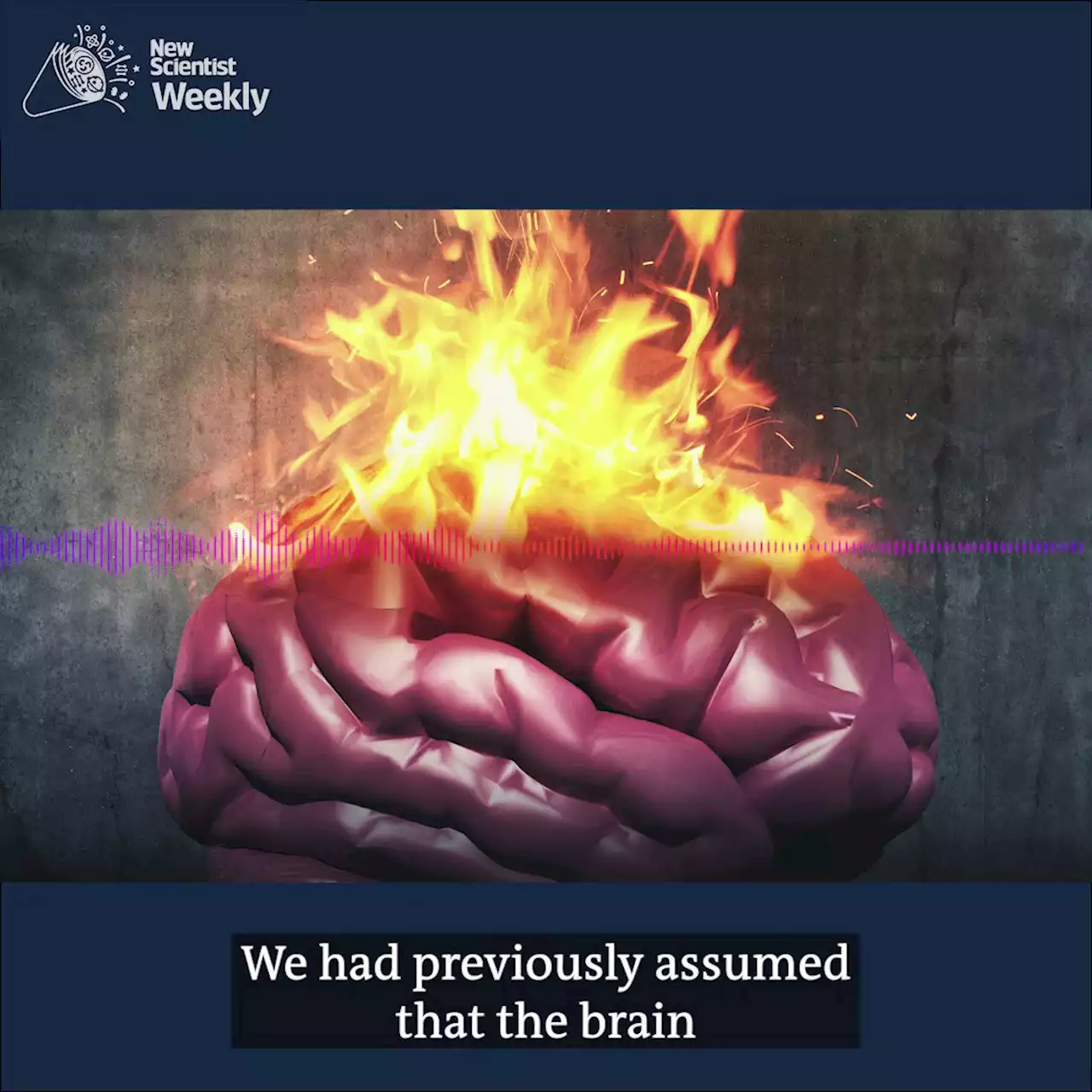Democratic lawmakers are imploring Google to rejig its search results for abortion clinics to siphon out 'misleading' links steering people toward anti-abortion crisis pregnancy centers.
Democratic lawmakers are imploring Google to rejig its search results for abortion clinics to siphon out"misleading" links steering people toward anti-abortion crisis pregnancy centers.
"Google should not be displaying anti-abortion fake clinics or crisis pregnancy centers in search results for users that are searching for an 'abortion clinic' or 'abortion pill,'" they continued. In addition to the Google search results, the research also concluded that 37% of searches on Google Maps yielded"fake clinics," as did 28% of Google ads, in those 13 states. Although some of the ads were coupled with a disclaimer, the lawmakers emphasized it could be difficult for users to discern.
It’s time for them to limit or label results and ads that lead to fake abortion clinics. pic.twitter.com/LlkTueI2QP"Google has provided a disclaimer — albeit one that appears in small font and is easily missed — for ads from anti-abortion fake clinics. However, no such warning is present on non-sponsored search results on Google Search," the lawmakers said.
Australia Latest News, Australia Headlines
Similar News:You can also read news stories similar to this one that we have collected from other news sources.
 #123: ‘Sentient’ claim for Google AI; spacecraft spots starquakes; the rise of the mammals; hot brainsHow will we know when we’ve made a truly sentient artificial intelligence? Well, one Google engineer believes we’re already there. The team discusses the story of Google’s very clever AI called LaMDA, and ask another chatbot, GPT3, what it would think if LaMDA was destroyed.Did you know stars have ‘earthquakes’ too? These starquakes have been spotted by the Gaia space observatory, which aims to build a 3D map of all the stars in our galaxy. It’s been collecting a phenomenal amount of data, and the team explores its findings.Net Zero pledges are becoming more popular - which is great - but a lot of them aren’t being acted on. According to a new consortium Net Zero Tracker, a worrying number of these pledges aren’t credible. The team finds out how the group aims to hold companies to account.Our brains are hotter than we realised - 2.5 degrees celsius hotter in fact. The team asks why we’re only just finding this out in 2022, and how the discovery may improve care for people undergoing brain surgery.Steve Brusatte is best known as a dinosaur palaeontologist, but he has turned his attention now to our own class, the mammals. Rowan chats with him, and amongst other things finds out how enslaved Africans in South Carolina were instrumental in the development of palaeontology. On the pod are Rowan Hooper, Penny Sarchet, Clare Wilson,Matt Sparkes and James Dinneen. To read about these stories and much more, subscribe at newscientist.com/podcasts.Events and discount codes:InsideTracker: insidetracker.com/NewScientistFree giveaway: newscientist.com/4weeksfree20% Discount: newscientist.com/pod20
#123: ‘Sentient’ claim for Google AI; spacecraft spots starquakes; the rise of the mammals; hot brainsHow will we know when we’ve made a truly sentient artificial intelligence? Well, one Google engineer believes we’re already there. The team discusses the story of Google’s very clever AI called LaMDA, and ask another chatbot, GPT3, what it would think if LaMDA was destroyed.Did you know stars have ‘earthquakes’ too? These starquakes have been spotted by the Gaia space observatory, which aims to build a 3D map of all the stars in our galaxy. It’s been collecting a phenomenal amount of data, and the team explores its findings.Net Zero pledges are becoming more popular - which is great - but a lot of them aren’t being acted on. According to a new consortium Net Zero Tracker, a worrying number of these pledges aren’t credible. The team finds out how the group aims to hold companies to account.Our brains are hotter than we realised - 2.5 degrees celsius hotter in fact. The team asks why we’re only just finding this out in 2022, and how the discovery may improve care for people undergoing brain surgery.Steve Brusatte is best known as a dinosaur palaeontologist, but he has turned his attention now to our own class, the mammals. Rowan chats with him, and amongst other things finds out how enslaved Africans in South Carolina were instrumental in the development of palaeontology. On the pod are Rowan Hooper, Penny Sarchet, Clare Wilson,Matt Sparkes and James Dinneen. To read about these stories and much more, subscribe at newscientist.com/podcasts.Events and discount codes:InsideTracker: insidetracker.com/NewScientistFree giveaway: newscientist.com/4weeksfree20% Discount: newscientist.com/pod20
Read more »
 New Google Maps widget shows live traffic information on AndroidGoogle unveiled a new Google Maps widget that will offer live traffic information for your location, but the feature only works on Android.
New Google Maps widget shows live traffic information on AndroidGoogle unveiled a new Google Maps widget that will offer live traffic information for your location, but the feature only works on Android.
Read more »
 Using the Google Optical Character Recognition API | HackerNoonEvery company is searching for a competitive advantage when conducting its business processes.
Using the Google Optical Character Recognition API | HackerNoonEvery company is searching for a competitive advantage when conducting its business processes.
Read more »
 Avoid and delete these vicious Google Play Store apps with 2 million (and counting) downloadsICYMI: Popular antivirus provider publishes names of Android apps that contain trojans to hack your Facebook account and sign you up for paid subscription services.
Avoid and delete these vicious Google Play Store apps with 2 million (and counting) downloadsICYMI: Popular antivirus provider publishes names of Android apps that contain trojans to hack your Facebook account and sign you up for paid subscription services.
Read more »
 4 Google Docs features you didn’t know you were missingGoogle usually announces big updates, but some Docs functionalities inevitably fly under the radar. Here are some you might have missed.
4 Google Docs features you didn’t know you were missingGoogle usually announces big updates, but some Docs functionalities inevitably fly under the radar. Here are some you might have missed.
Read more »
 Beyoncé Album Creates Huge Google Search Spike for 'Renaissance'Beyonce's 'Renaissance' album announcement caused a HUGE spike in Google searches.
Beyoncé Album Creates Huge Google Search Spike for 'Renaissance'Beyonce's 'Renaissance' album announcement caused a HUGE spike in Google searches.
Read more »
